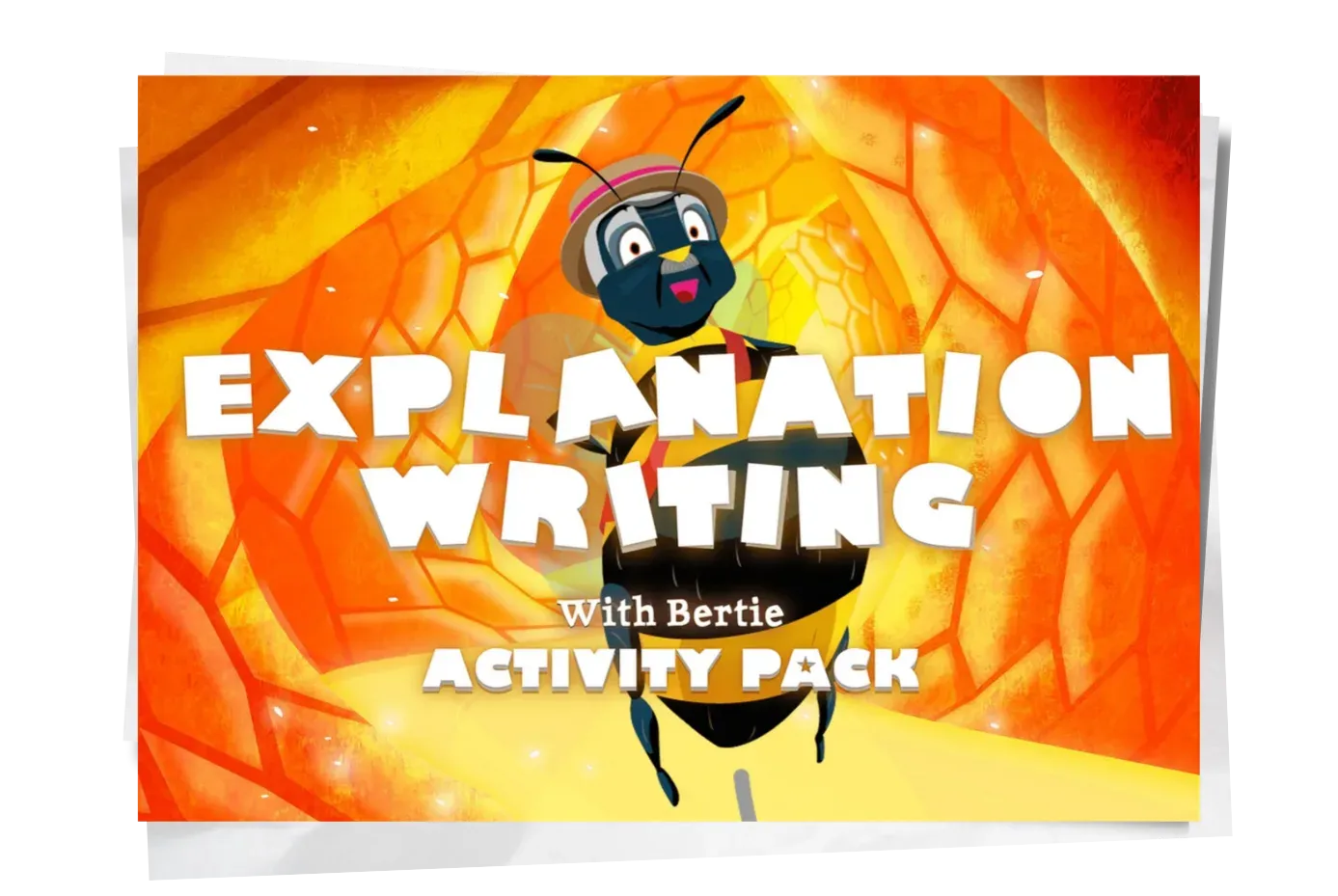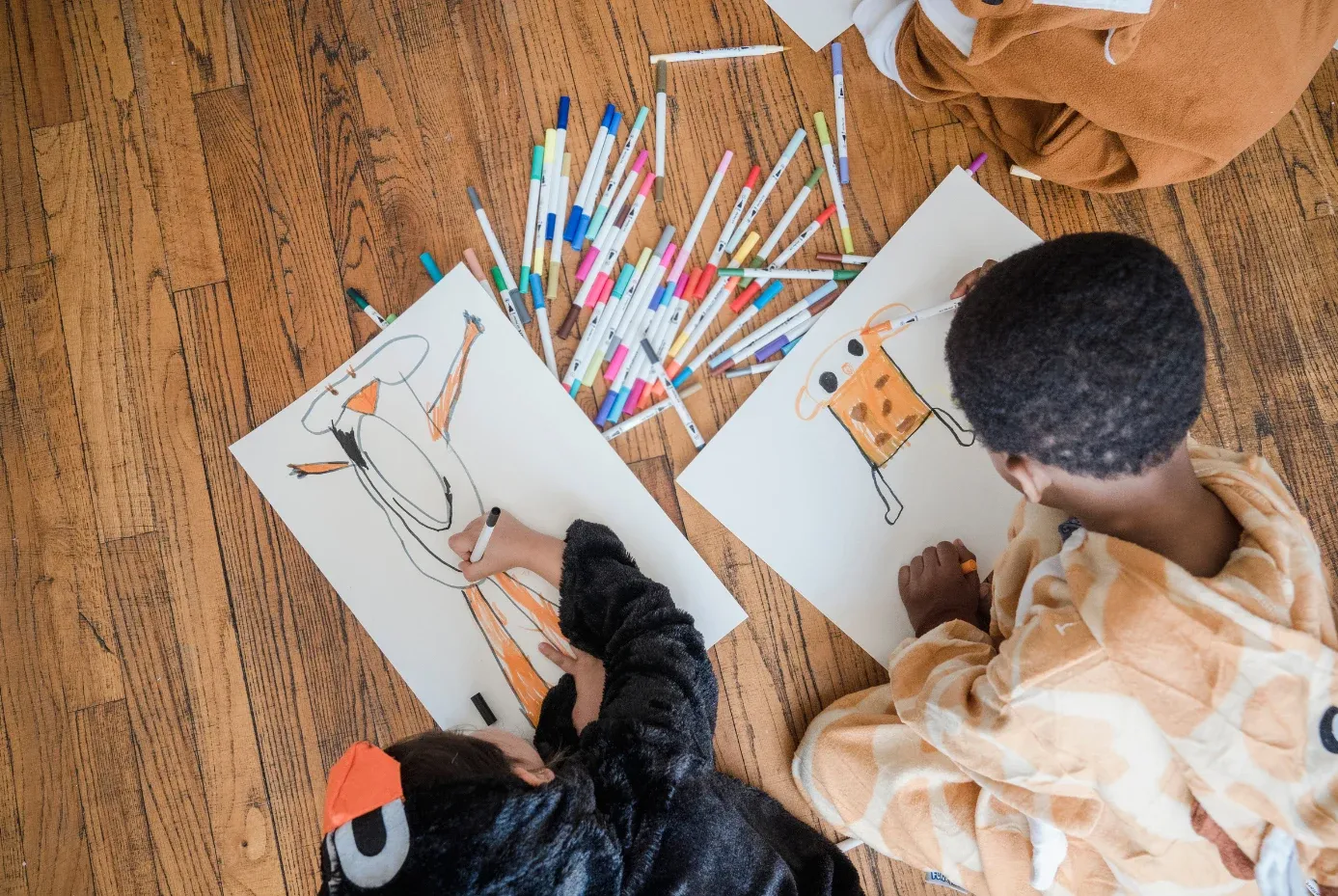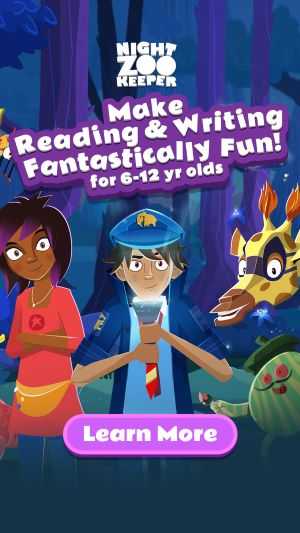Year 3 Writing
Discover Year 3 writing standards

Home > English > Writing > Year 3
As your child starts their Key Stage 2 writing journey, they should be accustomed to the learning pace at primary school level, and will now be expected to spend longer periods of time writing independently. Young writers should call on the writing skills they built in Year 1 and Year 2 as the foundation they need in order to tackle more challenging writing activities.
Year 3 writing requires children to demonstrate:
- Effective communication of ideas through written texts
- Structured writing pieces, including an introduction, main body and conclusion
- Paragraph-writing skills
- Using correct spelling and grammar in their writing (such as tenses and capitalisation)
- Longer and more complex sentence forms
- Research and identify facts using reading comprehension skills
- Factual knowledge in informative reports
- Successfully writing about past experiences
- Writing improvement through revision
- Writing based on a given prompt
- Using technology to compose different writing pieces
- Applying literary devices for the purpose of developing details
- Writing for different audiences and purposes
Your child can keep these aims in mind when thinking about the writing process for the following text styles:
Informative Writing
Informative writing in Year 3 calls for a focus on a specific topic and putting together factual details with the aim to inform the reader.
Here are our top tips for creating a high-quality informative writing piece:
- Introduce the topic
- Group all related information clearly, to form the text
- Include facts, definitions, details and, if necessary, analogies to support the text
- UIse illustrations or diagrams (when or if necessary) to further the reader’s understanding
- Use linking words to connect points of information
- Include a concluding sentence, stating findings clearly
Some informative writing text styles in Year 3 are:
- Notes
- Lists
- Explanations
- Reports
- Rules
- Recipes
Practice Tip
Your tyoung writer can work on their informative writing skills with Night Zookeeper’s Explanation Writing Activity Pack. This pack introduces examples of linking words and phrases that can help connect ideas in informational writing!

Opinion Writing
Opinion writing in Year 3 requires more attention to detail, a stronger argument, and consistency throughout the text.
In Year 3, your child is expected to demonstrate their point of view on a chosen topic and provide valid reasons for their perspective. Your child’s writing should also include linking words and phrases to piece together a compelling argument. Year 3 learners should be working on writing to persuade or influence an audience.
How to write an opinion piece in Year 3
- Start with a short introduction, stating a clear opinion on the topic
- Give a reason for this opinion, followed by a convincing example that validates the point
- Always refer back to the original statement, to ensure that the argument is consistent and coherent
- Finish with a summary of the argument, stating the original opinion once again, to leave the reader thinking about the perspective shared
Practice Tip
Encourage your child to develop opinions on specific topics by engaging in topical discussions. Choose a theme and start a conversation about it - you’ll be surprised by the opinions your child has already formed!
Narrative Writing
Stories at Year 3 level should rely on descriptive writing techniques to create a cohesive plot of events, which provide the reader with as much information on the characters, settings and actions as possible!
As it’s not the first time your child will be asked to write a narrative text, they’ll already be familiar with the standard rules of story writing. As the complexity of their work increases however, here are a few tips on how the narrative writing process should happen in Year 3:
- Plan and develop a well-structured plot
- Establish characters, settings and actions according to the theme of the story (be as descriptive as possible)
- Use figurative language and literary devices to enhance the plot
- Include an introduction, paragraphs which allow the story to progress chronologically and finish with a great narrative ending
Practice Tip
Why not get your child to draw the characters and settings of their story before writing the piece? Not only will this encourage them to think about more details which can be described in the story (such as the clothes worn by the characters or the type of setting), but it will also improve their ability to think creatively about the chosen topic or theme!

How Night Zookeeper can help

Our writing program for kids has been created to make writing fantastically fun for primary school students!
The program covers the English National Curriculum and our extensive collections of lesson series are especially relevant for Year 3 students, such as The Persuasive Professor, Building Story Tension with the General, and Story Endings with the Guardians. Along with pre-defined lesson plans that your child can access at any time, Night Zookeeper also offers thousands of Year 3 writing activities, including games on spelling and grammar, creative writing prompts, printable resources, and much more!
All writing resources are determined by year group, to ensure that your child has access to everything they need to become a budding young writer.
Sign up today to get a free 7-day trial!
Related articles


Make Reading & Writing Fantastically Fun!
- Award-winning reading & writing program for kids
- Improves spelling, grammar, punctuation & vocabulary
- Over 1,000 different learning games and activities



